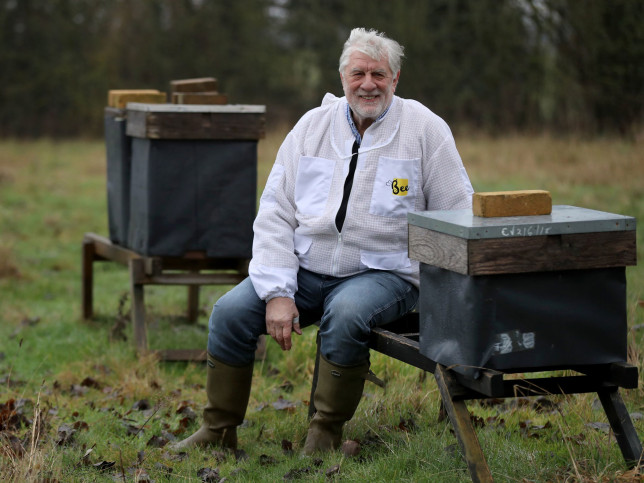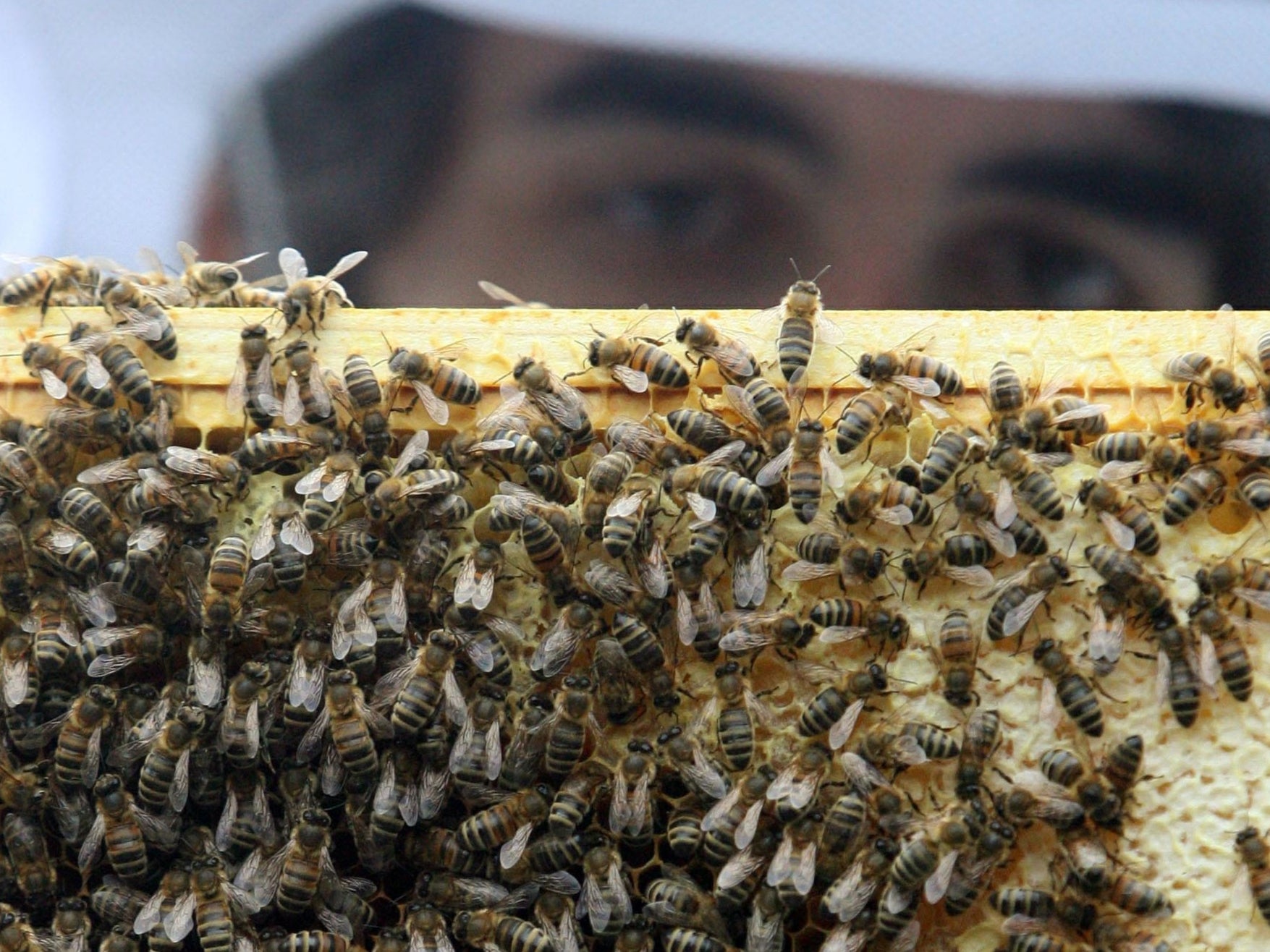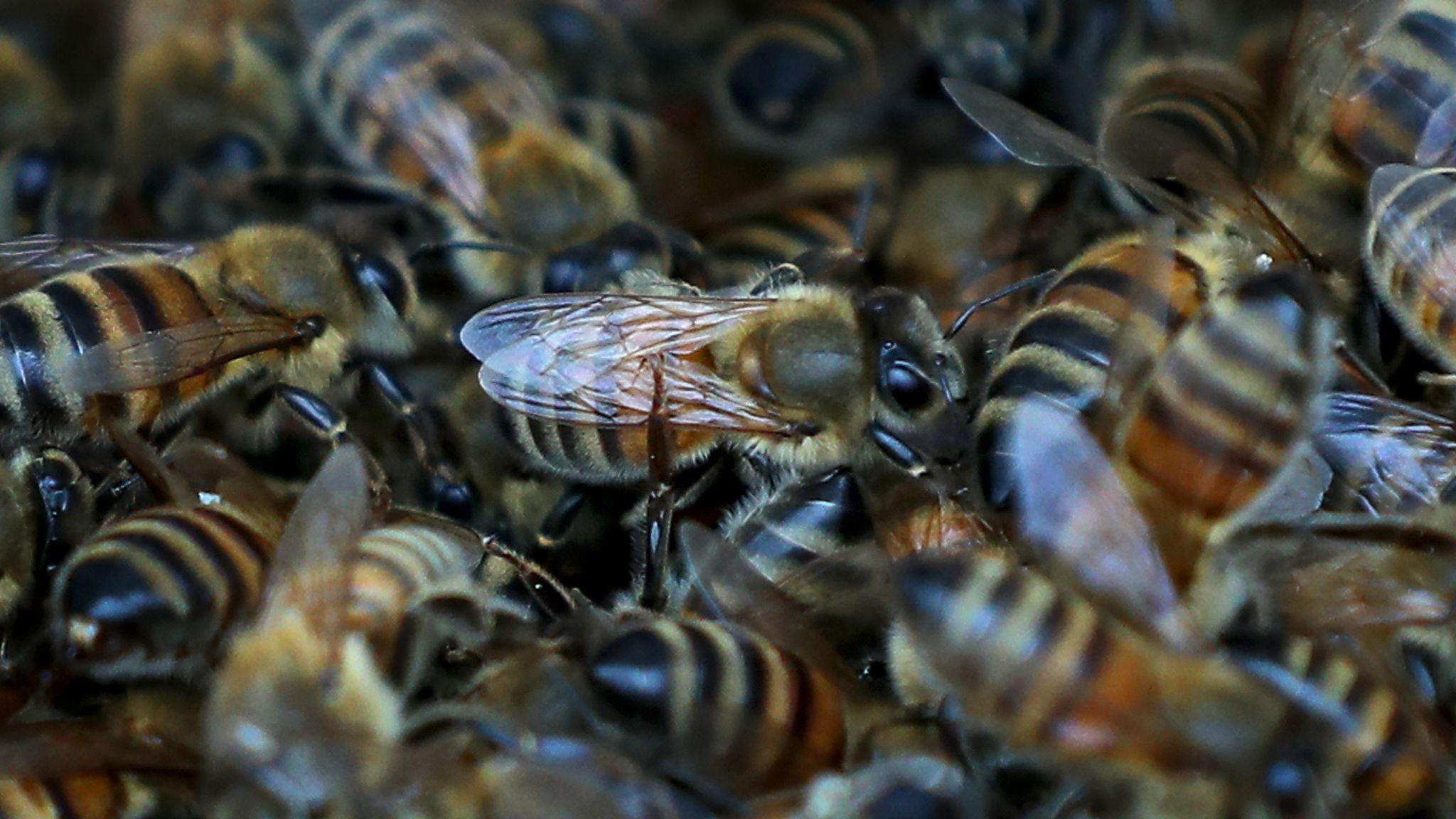Brexit: 15 million baby bees could be seized and burned over ‘monumentally stupid’ rules

A beekeeper trying to bring 15 million bees into the UK says he has been told they may be seized and burned because of post-Brexit laws.
Patrick Murfet wants to import the baby Italian bees for his Kent business and to help farmers pollinate valuable crops. But new laws that came into effect after the UK left the single market mean bringing bees into the country is banned.
 Since the end of the transition period, only queen bees can be imported into Great Britain, rather than colonies and packages of bees. However, confusion over whether bees can be brought in via Northern Ireland has caused a legal headache.
Since the end of the transition period, only queen bees can be imported into Great Britain, rather than colonies and packages of bees. However, confusion over whether bees can be brought in via Northern Ireland has caused a legal headache.
The Department for Environment, Food and Rural Affairs (Defra) said it was aware of the issue and is working with the devolved administrations to find a solution.
“I am a passionate beekeeper, I’ve been doing it for nearly 20 years,” Murfet said.
He is managing director of Bee Equipment, based near Canterbury, and every year he imports large numbers of bees from breeders in Italy, where the climate is warmer.
 “Fewer honey bees means less pollination, less top fruits and more imports.”
“Fewer honey bees means less pollination, less top fruits and more imports.”
A Defra spokesperson said bee health was a devolved matter and it was working with the devolved administrations to find a solution and would provide guidance as soon as possible.
It is the responsibility of the importer to ensure that goods dispatched from Northern Ireland meet the definition of NI qualifying goods or meet import requirements, the spokesperson added.
A third of food crops are pollinated by bees and other insects and Greenpeace estimates the economic value of pollination services provided by bees globally amounts to some €265bn (£226bn).
Diseases and parasites, climate change and wider industrial agricultural practices as well as pesticides have combined to reduce bee numbers across the UK and Europe.


